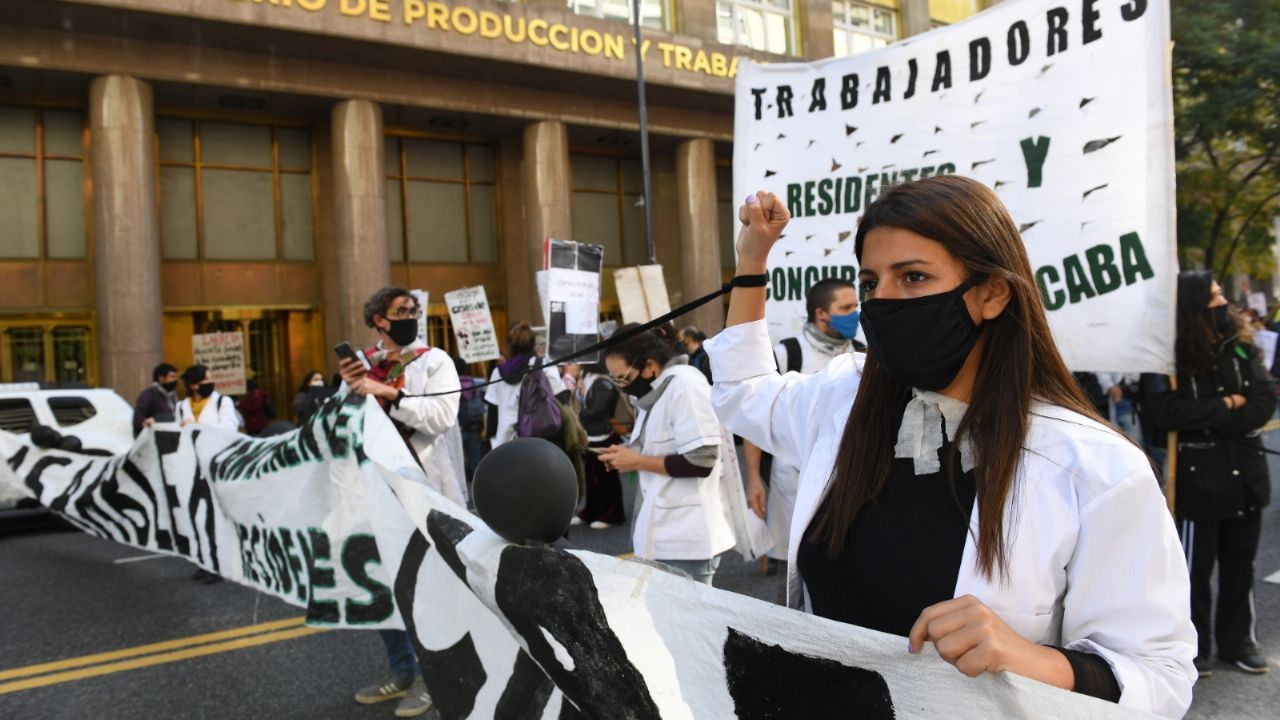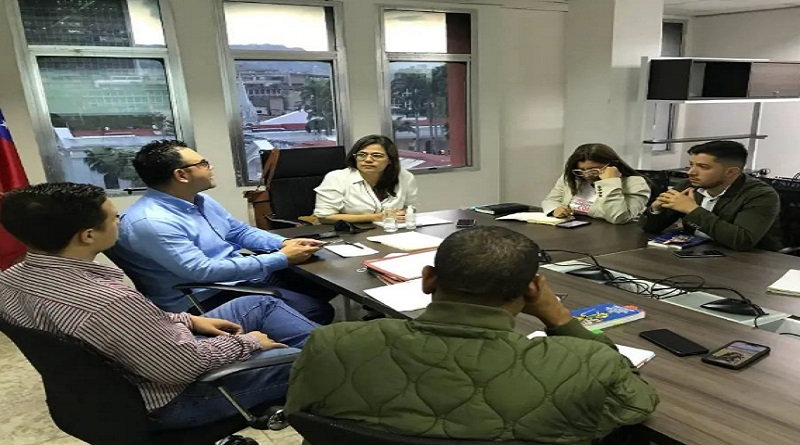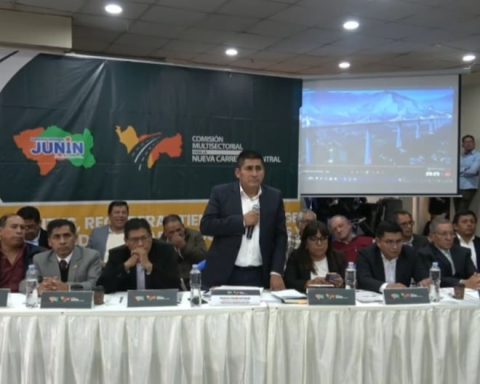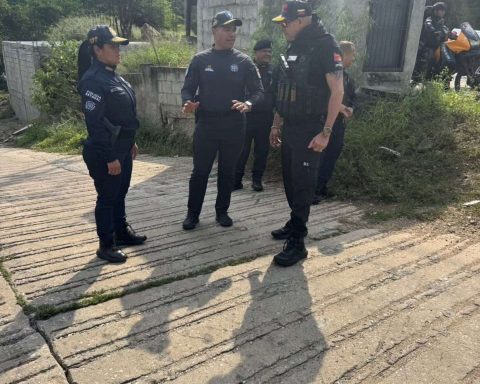In the midst of the conflict between the medical residents with the Government of the City of Buenos Aires for a salary increase, today the sector advances a new day of protests.
health workers they mobilized from the early hours of the morning to the Obelisk. From there, the medical residents They will undertake a great march to the Buenos Aires Ministry of Health, where this afternoon, in addition, there will be a meeting with Fernán Quirós.
“Today we continue with our plan of struggle. From 10, we will be at the Obelisk; later we will mobilize to the Ministry of Health of the City of Buenos Aires and at 2:00 p.m. we go to a new meeting with Fernán Quirós”, indicated the medical residents.
It should be remembered that the Buenos Aires Minister of Health finally agreed to receive the workers, so the first meeting was held last Tuesday, despite this, the negotiation failed and there was no salary agreement.

Consequently, the union warned that they will continue with their plan of struggle, because according to them, the minister did not attend to their claims. “Quirós ignores the claim of residents and attendees offering a figure of 15 thousand pesos above the current salary, when the claim for salary recomposition proposed by the assembly was 100%.”
Although the ministry left a salary proposal on the table, the professionals pointed out that it was “miserable”. “They made us a miserable offer, an increase of less than 10,000 pesos. In other words, we continued below the basic basket, dangerously close to the poverty line.”

In this sense, today’s meeting will be key to trying to unblock the conflict that has lasted for several weeks, since the residents They have carried out 8 strikes and 12 demonstrations in the last six weeks.
What is the demand of the sector
Health workers insist in a wage increase that is above inflation, since their current wages are below the poverty line, they say.

In this frame, They demand that the Government of Buenos Aires “raise the assets, at least, up to 200,000 pesos”. They also demand better conditions for the attendees, who perform the same tasks as the residents.

















